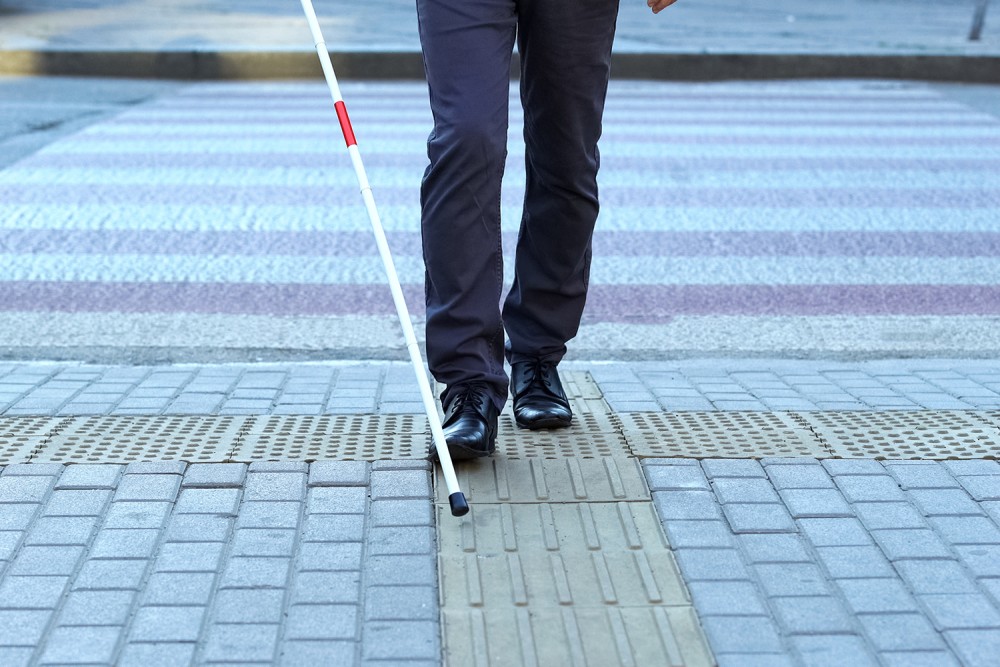Eyes of the heart
Mike has been blind since birth. He sees life more vividly than most of us.

(Photo by Motorion / iStock / Getty)
Mike has been worshiping at our church off and on for the last year. When he walks up on a Sunday morning, you can’t miss him making his way with a white mobility cane. A friend accompanying him watches closely for uneven sidewalk cracks. Greeting him in the receiving line after church one day, I said, “Hi Mike, it’s great to see you today.”
“Well,” he said with his usual warmth, “it’s great to see you too, Pastor.” I bit my lip the second I heard him respond. Mike has been blind since birth. Why did I privilege sight in my exchange with a guy who can’t see? And, short of being polite in the face of a dumb comment, why did he speak of delight in seeing me?
We forget, as I did that day with Mike, how thoroughly we’ve enthroned sight in our culture. We overlook the ways we’ve given primacy to the eye as a way of knowing. Words and expressions associated with metaphors of sight equate knowledge and intellect with an ability to see. Hindsight, foresight, and insight are linked with understanding. We make observations, view proposals, look at options, survey the landscape, and envision alternatives. Do you see what I mean?


